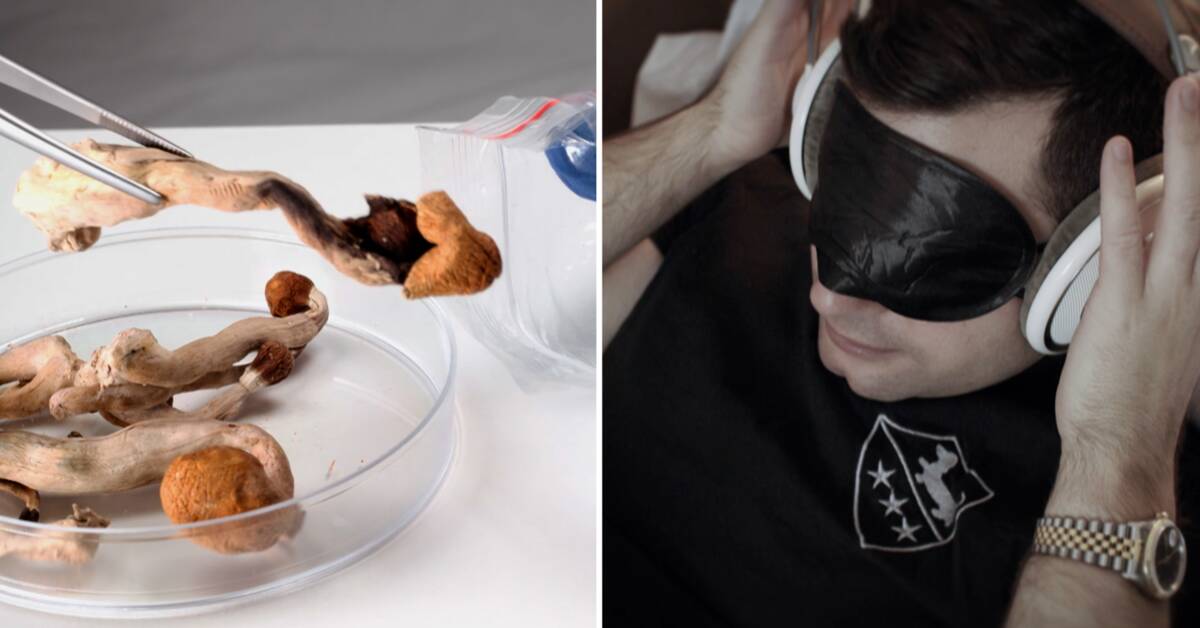In the New York University study, 93 women and men diagnosed with alcohol dependence were randomly assigned to receive either two doses of the psychedelic substance psilocybin or a placebo substance. The medication was combined with twelve sessions of psychotherapy.
Study participant Jon Kostas had had an alcohol addiction since his early teens, and psychiatrist Stephen Ross says it was one of the worst cases he ever faced. After years of trying AA appointments, rehab, and medications without success, his psychiatrist felt he was in danger of dying from his addiction.
Risk groups for psychedelics are excluded
Study leader and psychiatrist Michael Bogenschutz says that patients with a history of mental health conditions such as schizophrenia, bipolar disorder or psychotic disorders are considered unsuitable for treatment with psilocybin because of the risks.
"There is a possibility that psychedelics can cause psychoses in someone who is susceptible or has it in the family. This has not happened in any of the clinical trials yet, but it remains a concern," says Michael Bogenschutz.
Promising results
The participants who received psilocybin in combination with psychotherapy reduced the days of heavy drinking by 50 percent compared to the participants who received psychotherapy alone.
"If the results hold up, it will be much more effective compared to the drugs for alcohol dependence available on the market today," says Michael Bogenshutz.
Researchers in the field are now waiting for larger studies that they hope can confirm the positive signs seen so far.
See more in Vetenskapens värld: Drugs som medicin on SVT Play, or Monday 1 May at 20:00 on SVT2.

